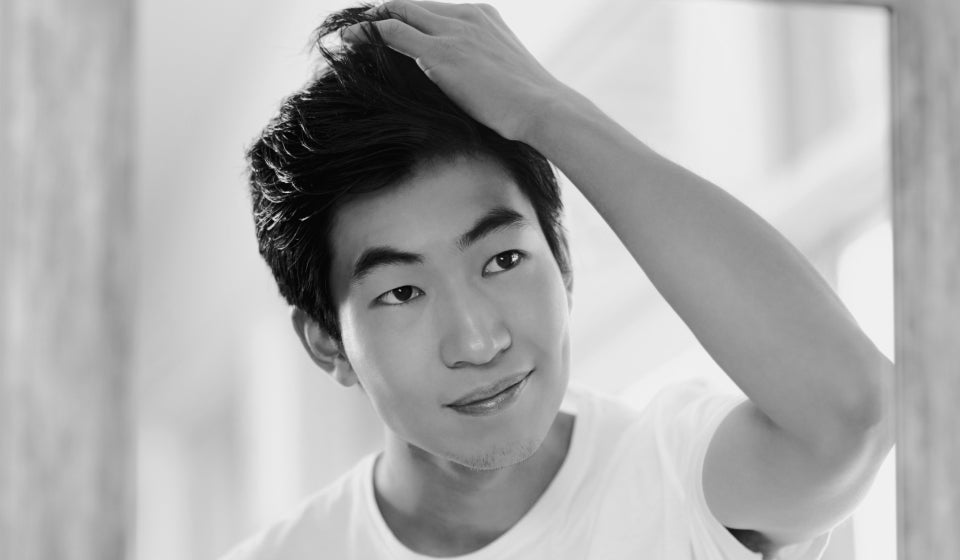As we age, our hair undergoes various changes that can be concerning. Understanding these changes and taking preventive measures can help maintain healthy hair for longer. Here’s a comprehensive look at hair aging, its symptoms, causes, and preventive measures supported by medical research.
Symptoms of Hair Aging
- Hair Graying: One of the most noticeable signs of aging hair is graying. This occurs due to the reduction in melanin production, the pigment responsible for hair color. As we age, melanocytes, the cells that produce melanin, become less active.
- Hair Loss: Hair loss, or alopecia, is another common symptom of aging. It can be caused by hormonal changes, genetic factors, and other underlying health conditions.
- Hair Thinning: Thinning hair is often a result of changes in the hair growth cycle. The anagen phase (growth phase) becomes shorter, and hair follicles may stop producing new hair, leading to decreased hair density.
Causes of Premature Hair Aging
- Genetics: Genetics play a significant role in hair aging. If your parents experienced early graying or hair loss, you might be predisposed to similar changes.
- Oxidative Stress: Environmental factors such as pollution, excessive sun exposure, and smoking can increase oxidative stress, damaging hair follicles and accelerating aging.
- Nutritional Deficiencies: Deficiencies in vitamins and minerals, particularly vitamin Bs, iron, and zinc, can contribute to premature hair aging.
- Hormonal Changes and Chronic Stress: Hormonal imbalances, especially during menopause in women, can lead to hair thinning and loss. Chronic stress can cause premature hair graying and hair thinning.
- Medical Conditions: Certain medical conditions like thyroid disorders, autoimmune diseases, and scalp infections can also cause premature hair aging.
Preventive Measures
- Healthy Diet: Consuming a balanced diet rich in vitamins and minerals is crucial. Foods high in vitamin Bs, iron, zinc, and antioxidants can help maintain healthy hair.
- Stress Management: Chronic stress can negatively impact hair health. Practices like meditation, yoga, and regular exercise can help manage stress levels.
- Proper Hair Care: Using gentle hair care products and avoiding excessive heat and chemical treatments can prevent damage. Regularly moisturizing the hair and scalp can also help maintain hair health.
- Avoiding Smoking: Smoking has been linked to premature graying and hair loss. Quitting smoking can significantly improve hair health.
- Gut Health: Traditional Chinese Medicine (TCM) believes that a balanced and healthy gut can improve hair and scalp health. Improving gut health can be achieved through:
- Probiotics: Including probiotic-rich foods like yogurt, kefir, and sauerkraut to promote a healthy gut microbiome.
- Fiber: Eating a diet high in fiber from fruits, vegetables, and whole grains to support digestive health.
- Hydration: Drinking plenty of water to maintain proper digestion and nutrient absorption.
To support your hair health journey, consider using products from Raise, such as our Hair Fall Control Tonic. This hair tonic spray is clinically backed and contains ingredients like Capixyl™ and Trichogen®, which have been proven to reduce hair fall and enhance growth. It is free of sulfate, paraben and phthalate.
By understanding the symptoms and causes of hair aging and taking proactive steps to prevent it, you can maintain healthier hair for longer. Start taking care of your hair now!



Leave a comment